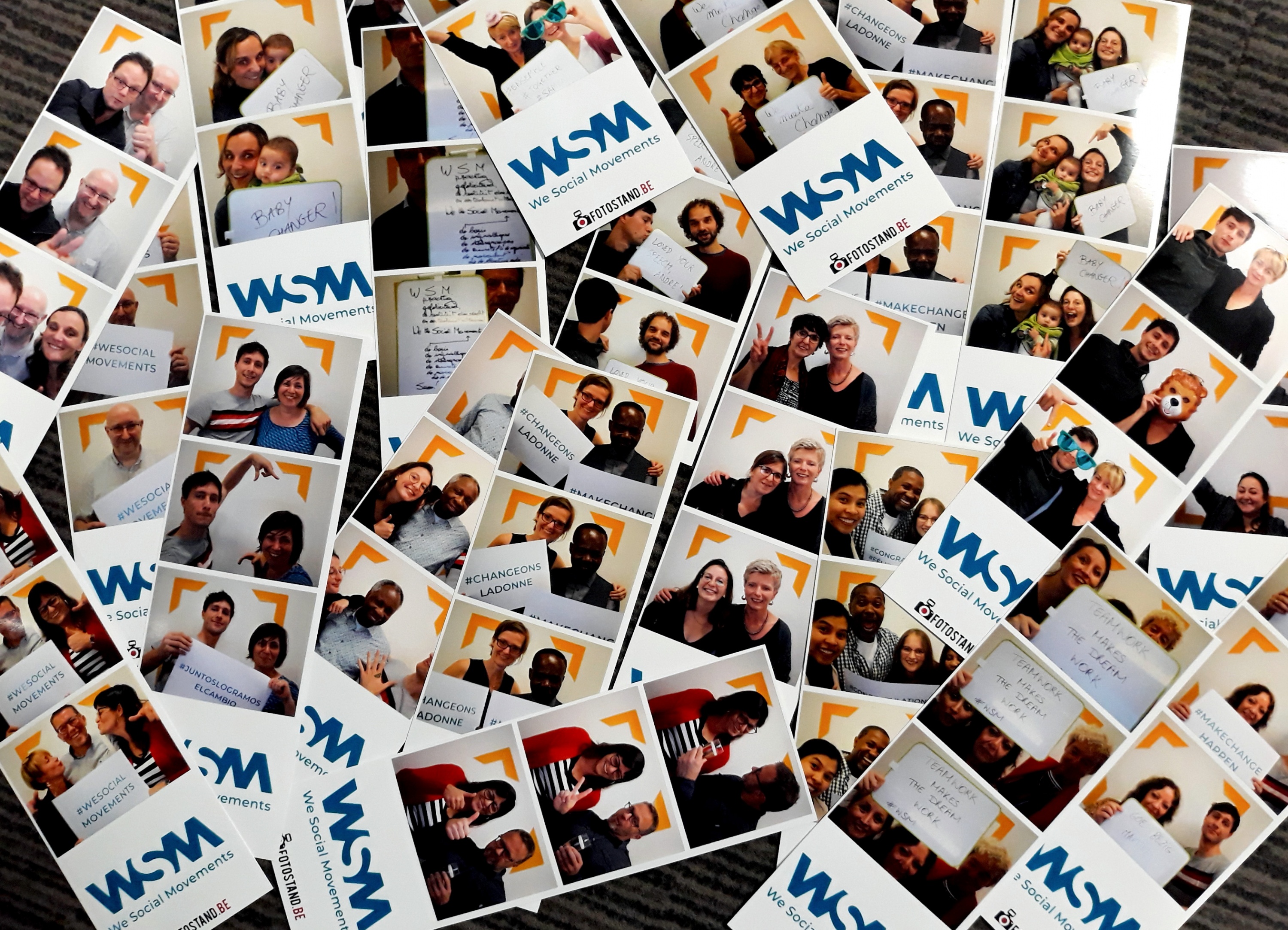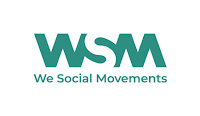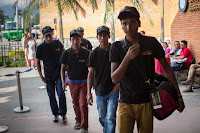Labour standards:
Health workers: In 2018 the AHW reached out to some 110.920 health workers and Philippino patients (of which 54 % women and 51% young people). Through social media and campaign materials some 100.000 health workers were informed about the issues of public sector health workers, such as contractualization and privatization of hospitals. In four hospitals, a new collective negotiations agreement has been ratified with another hospital, negotiations are ongoing, potentially creating better union rights for 5.127 health workers. Bill n°7437 prohibiting the privatization of public hospitals and public health services was passed in the House of Representatives.
Young workers: In 5 locations (Manila, Negros, Ilo-ilo, Cebu, Camarines Norte) 1.488 young people (young workers, students, of which 39 % women) were organized and trained by the YCW on basic labour rights, contractualization, the TRAIN – law, social and economic problems of youth and how to overcome them.
National minimum wage and social protection for workers in the private sector: Trade union confederation KMU raised the awareness of 44.298 Philippino workers (of which 49% women and 49% young people) on the need for a national minimum wage and the end to contractualization. 1.062 workers, some of them working in expert-processing zones or multinational companies, participated in different activities: basic training, mobilizations, legal assistance.
Joint advocacy: The three WSM partner organisations are key partners in the
All Workers’ Unity, an alliance of different labour centers who are advocating for a national minimum wage of 16.000PHP/month in the public sector, 750PHP/day in the private sector and against contractualization. In 2018, the campaign of the alliance reached some 40.000 workers (of which 25% women and 30% young workers).
Partner organizations in the Philippines: AHW (Alliance of Health Workers’ unions), KMU (trade union confederation), YCW Philippines (young workers’ organisation), Philippines Synergy network (core organisations of the AWU – All Workers’ Unity)
Budget 2018: 75.627,76 euro
Donor: DGD, LBC-NVK
Program: 2017-2021
 National Domestic Workers Movement (NDWM), with the support of WSM, organised a National Consultation on Safe Migration in Chennai, Tamil Nadu, India on 4 Nov. 2019
National Domestic Workers Movement (NDWM), with the support of WSM, organised a National Consultation on Safe Migration in Chennai, Tamil Nadu, India on 4 Nov. 2019













